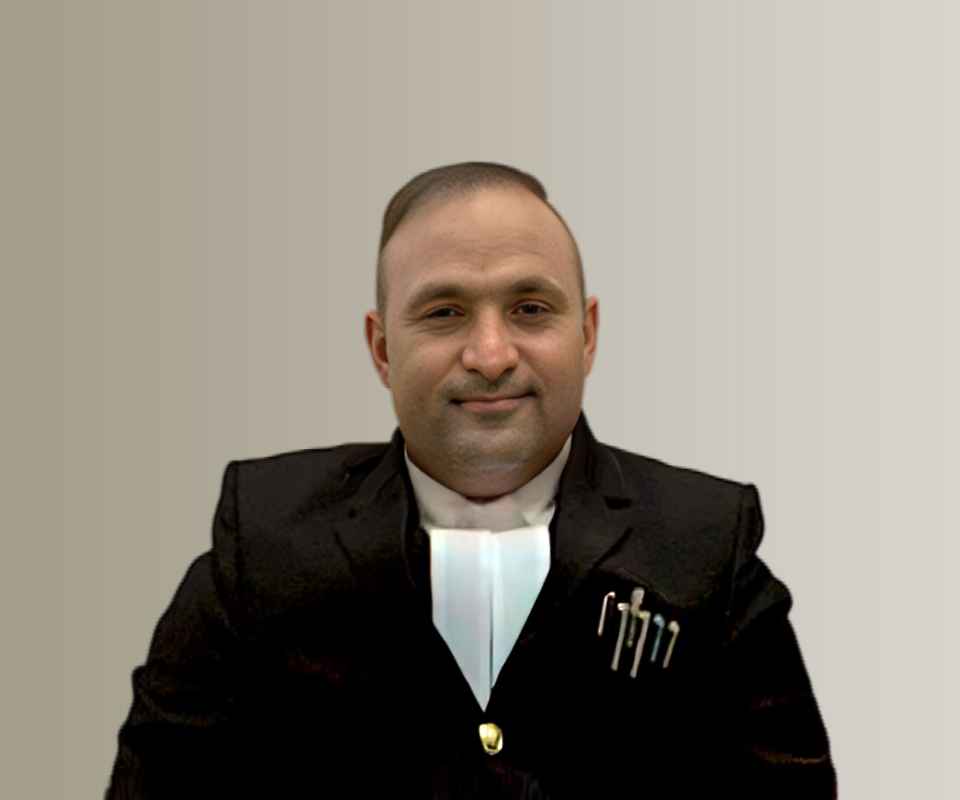Answer By law4u team
Once an Initial Public Offering (IPO) has closed, it becomes difficult for a company to withdraw the IPO, especially after the shares have been allotted to investors. However, there are specific circumstances under which a company may withdraw or cancel the IPO after the issue closes:
- Regulatory Approval: If the Securities and Exchange Board of India (SEBI) or another regulatory body raises concerns about the IPO's compliance or if there are discrepancies in the prospectus, the company may be required to withdraw the IPO. This could include cases where there are issues with the financial disclosures or other regulatory concerns.
- Failure to Meet Subscription Requirements: If the IPO fails to meet the minimum subscription requirements as set by SEBI, the company may have to cancel the issue. In this case, the company would refund the application money to the investors. This often happens when an IPO is undersubscribed.
- Material Changes in the Company: If there are significant changes in the company’s financial position, business operations, or any other factor that could materially affect investor decisions after the closure of the IPO, the company may decide to cancel or delay the offering to protect its reputation and prevent further legal or financial consequences.
- Market Conditions: In rare cases, extreme fluctuations in the stock market or economic conditions may force a company to reconsider its decision to list its shares. If the market conditions are unfavorable, the company may choose to withdraw the IPO, although this is uncommon once the issue has closed.
- Investor Protection: If there are significant errors or misstatements in the IPO documents that could mislead investors, the company may have to withdraw the IPO to prevent legal action or reputational harm.
Example:
If a company in India has launched an IPO, and the issue closes with only 40% of the shares subscribed (i.e., it is undersubscribed), the company may be forced to withdraw the IPO and refund the investors. Similarly, if there is a major change in the company’s financial health after the issue closes, the company might decide to withdraw the IPO to avoid misleading the market or potential legal consequences.







